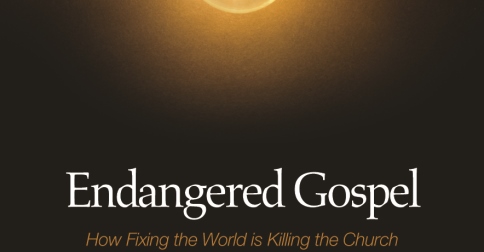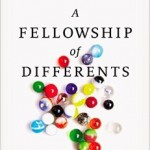 Thanks to my friend Kevin Rains for calling this article to my attention… [ See also the Catholic News Service piece on this study, which spells out its results in greater detail… ]
Thanks to my friend Kevin Rains for calling this article to my attention… [ See also the Catholic News Service piece on this study, which spells out its results in greater detail… ]
WASHINGTON (CNS) — Harvard public policy professor Robert D. Putnam has a tongue-in-cheek suggestion for pastors: “Spend less time on the sermons, and more time arranging the church suppers.”
That’s because research by Putnam and Chaeyoon Lim, assistant professor of sociology at the University of Wisconsin-Madison, shows that the more church friends a person has, the happier he or she is.
[ Read the full article… ]
Robert Putnam’s work, and particularly his classic work, Bowling Alone: The Collapse and Revival of American Community, have been particularly helpful in shaping what John and I have come to call Slow Church, and especially in shedding light on the brokenness of individualistic Western Culture and why we need Slow Church at all.
Putnam’s findings ring true with my experience: the transformative aspect of a church community is not the religious practices but the friendships that are nurtured there. And Putnam’s advice, albeit tongue-in-cheek, is actually a superb thought for helping churches to shift their focus from the religious (and often gnostic) and otherworldly to the here and now, the community and place that God has given us. A meal is a real, economic act. The food has to come from somewhere, and it all has to be planned, prepared, and afterwards cleaned up. There is really good work, as Putnam indicates, for pastors (and other church leaders) to do in arranging church suppers, both for the friendships that will be nurtured around the table and for the real-world economic practices of engagement that surround the meal.
What do you think? Are Putnam and associates on the right track in their findings about intra-congregational friendships? About their intuitions involving church suppers? Does your church have practices of sharing meals together? If so, what formative effects have those practices had?












